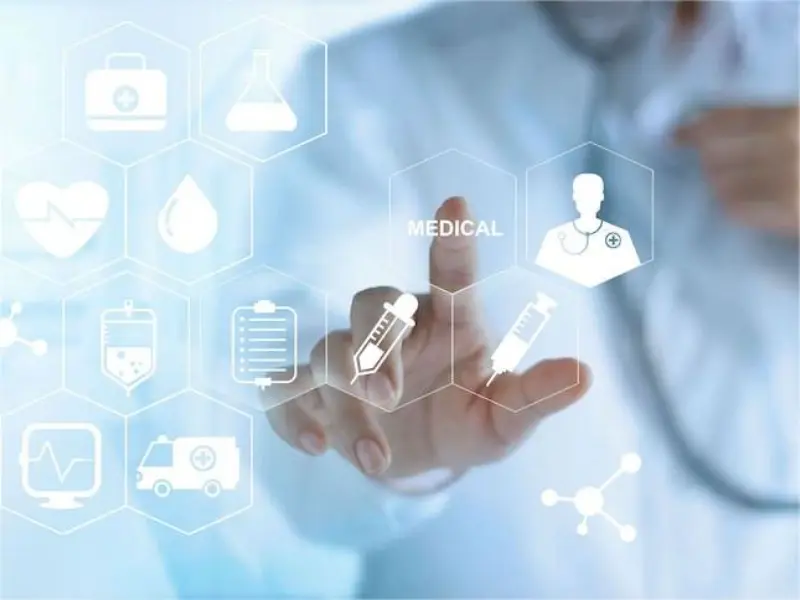- Cybersecurity in healthcare is critical because it protects patient data, ensures regulatory compliance, prevents disruptions in services, and maintains trust between providers and patients.
- Healthcare organisations store sensitive information about patients, including medical records, personal details, and financial data. Cyberattacks targeting healthcare systems can lead to data breaches, causing significant privacy concerns.
- Numerous compliance frameworks and standards exist to guide organisations in establishing robust cybersecurity practices. The HIPAA provides a structured approach to implementing security controls and addressing specific compliance requirements in the healthcare industry.
Cybersecurity in healthcare is critical because it protects patient data, ensures regulatory compliance, prevents disruptions in services, and maintains trust between providers and patients. The HIPAA provides a structured approach to implementing security controls and addressing specific compliance requirements in the healthcare industry.
Cybersecurity in healthcare
Cybersecurity is essential to our society as it safeguards sensitive information, protects critical infrastructure, ensures privacy, prevents financial losses, maintains trust in digital services, and defends against cyber threats that can disrupt daily life and threaten national security.
Healthcare organisations store sensitive information about patients, including medical records, personal details, and financial data. Patients trust healthcare providers to protect their sensitive information. Protecting this information is vital to prevent unauthorised access, data breaches, and identity theft.
Also read: Cyberattack on Change Healthcare sparks concerns over security
Cyberattacks targeting healthcare systems can lead to data breaches, causing significant privacy concerns. Effective cybersecurity practices demonstrate a commitment to patient safety, trustworthiness, and professional integrity, enhancing the organisation’s reputation.
Healthcare services also rely heavily on digital systems for patient care, communication, and record-keeping. What’s more, many medical devices, such as infusion pumps and pacemakers, are now connected to networks for monitoring and control. Protecting these systems from cyber threats ensures uninterrupted access to critical medical information and services.
The HIPAA
Numerous compliance frameworks and standards exist to guide organisations in establishing robust cybersecurity practices. These frameworks provide a structured approach to implementing security controls and addressing specific compliance requirements.
Some widely recognised frameworks include the NIST Cybersecurity Framework, the General Data Protection Regulation (GDPR), the Health Insurance Portability and Accountability Act (HIPAA) and the Payment Card Industry Data Security Standard (PCI DSS).
Also read: Why a firewall is important in network security
The Health Insurance Portability and Accountability Act of 1996 (HIPAA or the Kennedy–Kassebaum Act) is a United States Act of Congress enacted by the 104th United States Congress and signed into law by President Bill Clinton on August 21, 1996.
It aimed to alter the transfer of healthcare information, stipulated the guidelines by which personally identifiable information maintained by the healthcare and healthcare insurance industries should be protected from fraud and theft, and addressed some limitations on healthcare insurance coverage.
In healthcare, cybersecurity encompasses the protection of patient data, safeguarding against cyber threats, ensuring compliance with regulations like HIPAA, maintaining uninterrupted services, and upholding trust between providers and patients.
HIPAA generally prohibits healthcare providers and businesses called covered entities from disclosing protected information to anyone other than a patient and the patient’s authorised representatives without their consent.
The bill does not restrict patients from receiving information about themselves (with limited exceptions), does not prohibit patients from voluntarily sharing their health information however they choose, nor does it require confidentiality where a patient discloses medical information to family members, friends or other individuals not employees of a covered entity.

